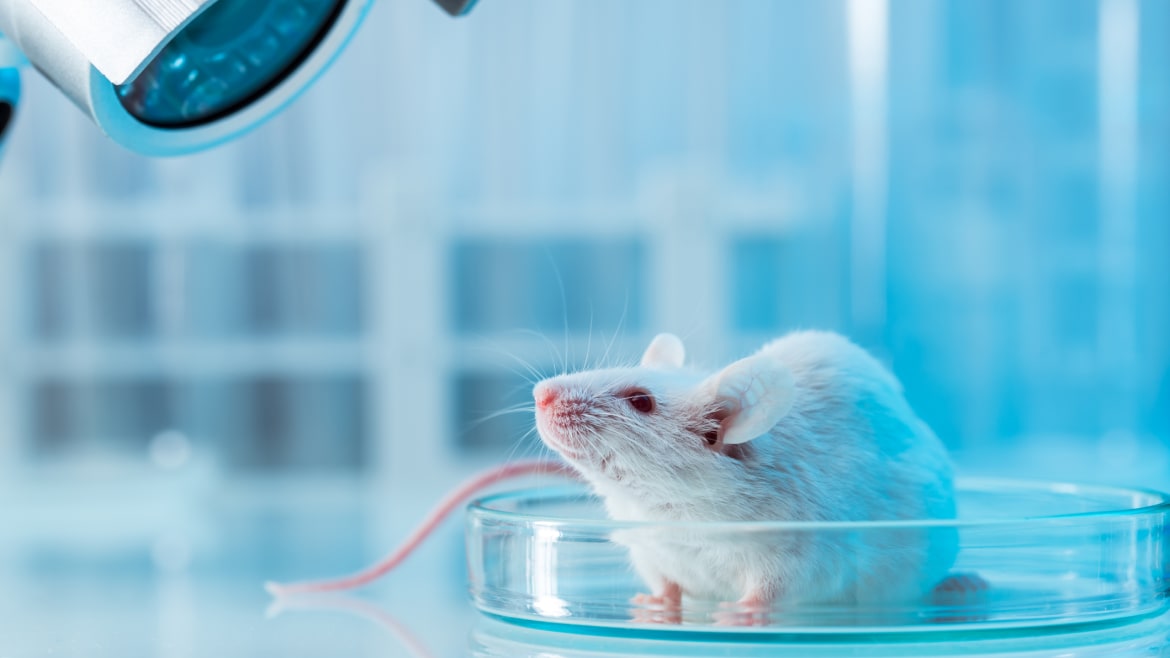D-Keine via Getty
Scientists have created synthetic mouse embryos from stem cells that mimic how natural embryos develop up to 8.5 days. The man-made embryos formed an early-stage brain, heart, and gut, introducing a powerful new model to study diseases and bringing researchers one step closer to understanding how life begins.
“The big question that we are addressing in the lab is how do we start our lives?” Magdalena Zernicka-Goetz, a Caltech biological engineer who led the new research, said during a press briefing. Her team published their study on Thursday in Nature.
How different cell types coordinate and signal to eventually grow into complex structures like organs remains a mystery, in part due to the limits of prior embryo models. These models rely on the use of stem cells, which can become a variety of specialized cell types from muscle cells to neurons. Scientists used one kind of stem cells to create synthetic embryos in the past, but the models were imperfect and did not accurately simulate the kinds of developmental changes that natural mouse embryos undergo.
Got a tip? Send it to The Daily Beast here

